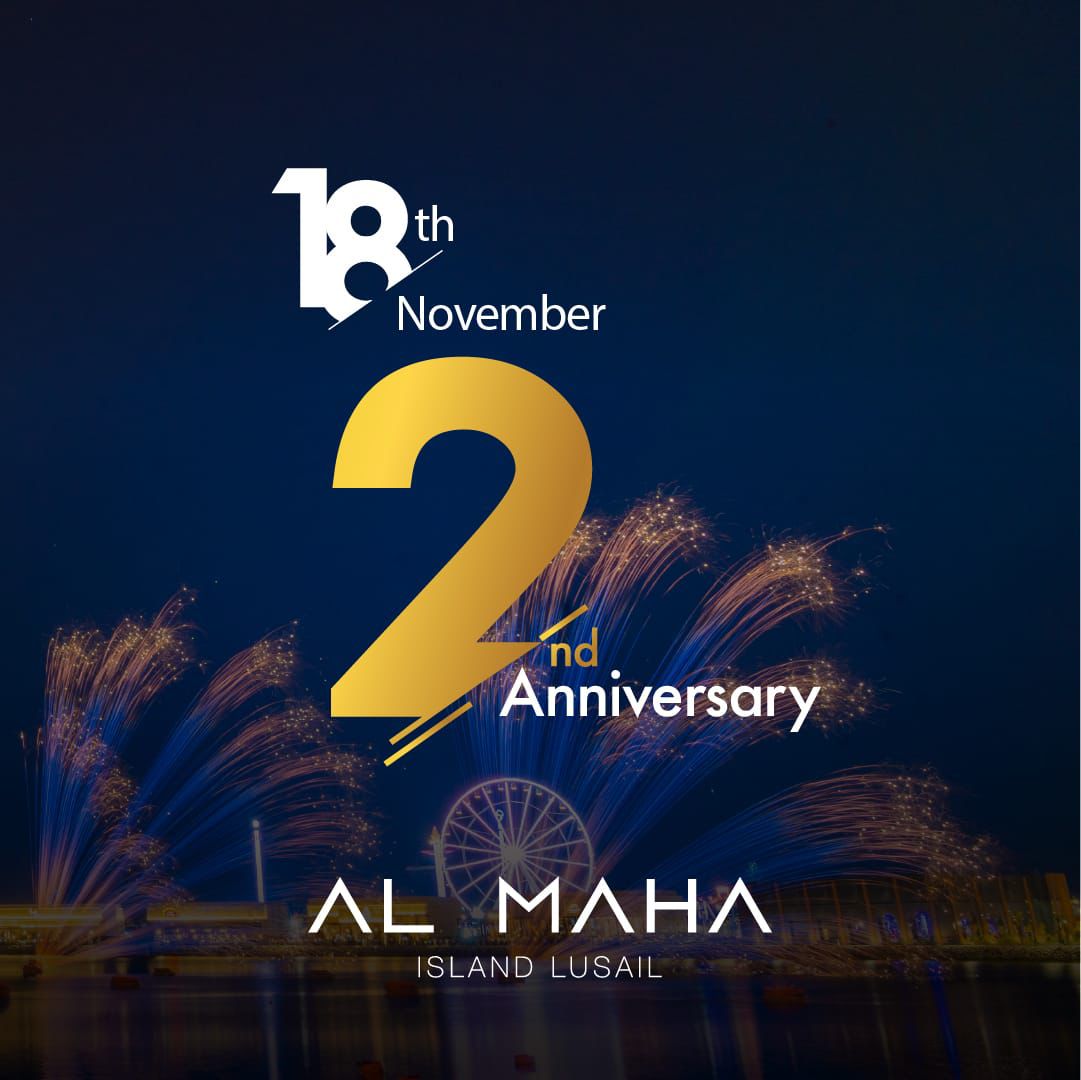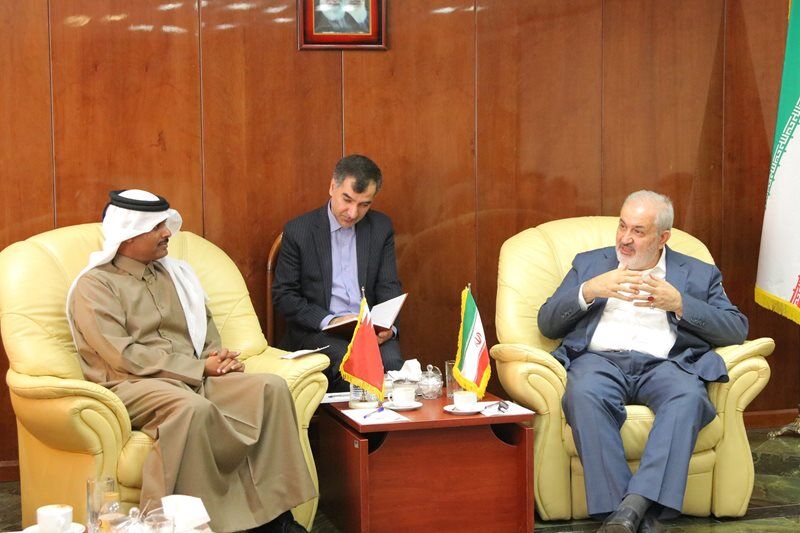Criminals are exploiting the Covid-19 pandemic to illegitimately sell vaccines, negative test results and certificates online.
Covid-19 vaccines and negative test papers are being sold online on the darknet for hundreds of dollars. This comes at a time when governments have started easing restrictions for travellers with a negative Covid-19 test. Researchers at Check Point, a cybersecurity company, report an influx of people selling these products online.
What’s the darknet?
The darknet is a section of the internet that can only be used via special software and browsers. The most common instance of the darknet is Tor, which can be accessed using the Tor browser.
While it’s commonly associated with illegal trading and criminal activities, the darknet’s legitimate uses cannot be ignored. For example, journalists utilise it to securely communicate with whistleblowers or other sourced who prefer to remain anonymous. In this case, though, researchers found countless forums filled with people claiming to sell the vaccines and certificates.
Which vaccines are sold?
Several vaccines were found for sale online including Russia’s Sputnik, the UK’s AstraZeneca, US’ Johnson & Johnson, and China’s Sinopharm vaccines. The researchers report that advertisements for illegal online vaccine sales have risen significantly in recent weeks.
Read also: Battle of short video apps: ‘YouTube Shorts’ unveiled as latest TikTok competitor
The vaccines are advertised online at prices between $500 to $750, with one seller even offering next day delivery options. This comes at a time when people are desperate to protect themselves and their loved ones by taking the vaccine.
Sellers were also found advertising vaccination certificates and negative test results.
As more countries continue to open up international travel and ease restrictions, having a vaccination certificate will likely allow travellers to significantly reduce or skip quarantine periods entirely. Qatar is among the many countries currently offering vaccine certificates, and vaccinated residents who travel abroad can return to the Gulf state without having to undergo mandatory hotel quarantine.
Should I buy one?
In short: no, you absolutely shouldn’t buy a vaccine, a certificate, or a negative test online.
Firstly, you should never buy medical items from unauthorised sellers, whether that’s online or in-person. The vaccines that are currently in use have gone through numerous trials and extensive tests to ensure they’re safe to use. You shouldn’t inject anything into your body unless you’re sure of its safety, and you simply cannot be sure about that when buying the vaccine from someone on the darknet.
Pfizer, Moderna and AstraZeneca vaccines: Whats the difference?
Secondly, you should never share personal or payment information with an individual online without verifiable credentials. While the darknet has its legitimate use cases, it’s often used by hackers and scammers. Sharing data about you with them online puts you and your data in a position of exploitability.
Thirdly, you cannot be certain that you’ll receive anything once you purchase a product on the darknet. There is no guarantee that you’ll ever receive a vaccine, certificate or negative test if you make an illegitimate purchase online. In fact, the researchers ordered a vaccine for $750 and have not received it yet. They do, however, believe some of the advertisers were genuinely selling these items.
Fourthly, it’s against the law to make these purchases, particularly to fake a negative test result. And lastly, doing so puts the world and people you love at risk by not containing the virus.
A rise in Covid-related scams
The pandemic has allowed scammers to exploit people’s fears for money in numerous ways – such as this one. However, the scams have not only been limited to the virtual world.
In the UK, a con man knocked on the door of a 92-year-old woman and gave her a fake Covid-19 vaccine. He charged her £160 (QR 800) for it, claiming it would be reimbursed by the NHS – the country’s national health service.
Following local guidelines, especially at the height of a pandemic, is crucial and authorities have continued to warn against sharing your personal information with any untrusted source, whether that’s online or offline.
If a website is requesting personal information and you’re not sure it’s legitimate, ask someone else first or call the company directly to verify if the website is legitimate.
In Qatar, you can only take the vaccine at hospitals and clinics.
What can countries do about fake certificates?
The team behind this research suggest that a QR code certification system should be implemented to verify original certificates. This can then be scanned by border patrol in airports to confirm the legitimacy of a certificate.
Read also: Qatar Airways first in the region to trial ‘digital passports’
Digitally verified certificates are not a novel concept.
The IATA launched a Travel Pass Initiative that gives travellers “the ability to share their tests and vaccination results in a verifiable, safe and privacy-protecting manner”. There are already more than 17 airlines on the programme with more expected to join.
Have you experienced any Covid-related scams? Let us know so we can share them with the community.
Follow Doha News on Twitter, Instagram, Facebook and Youtube







